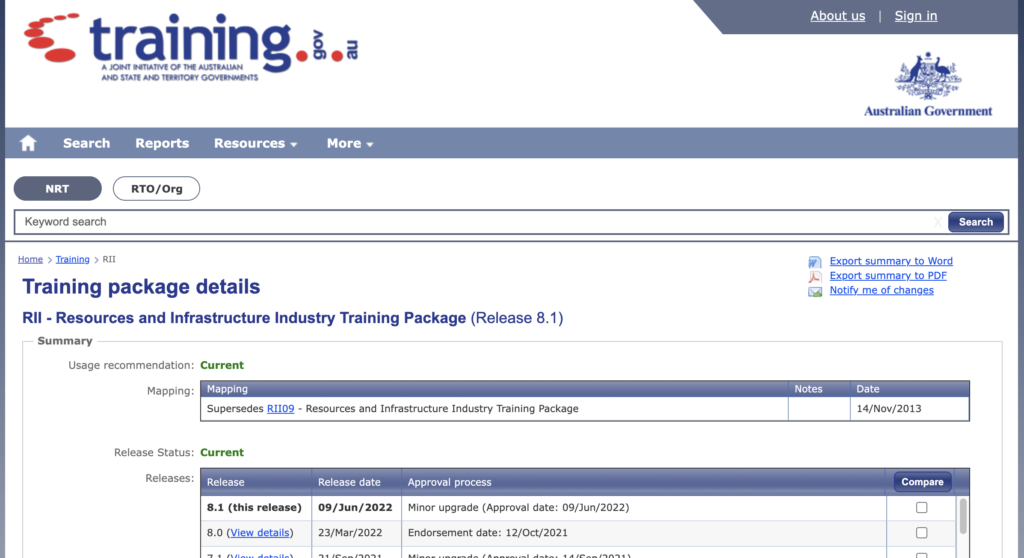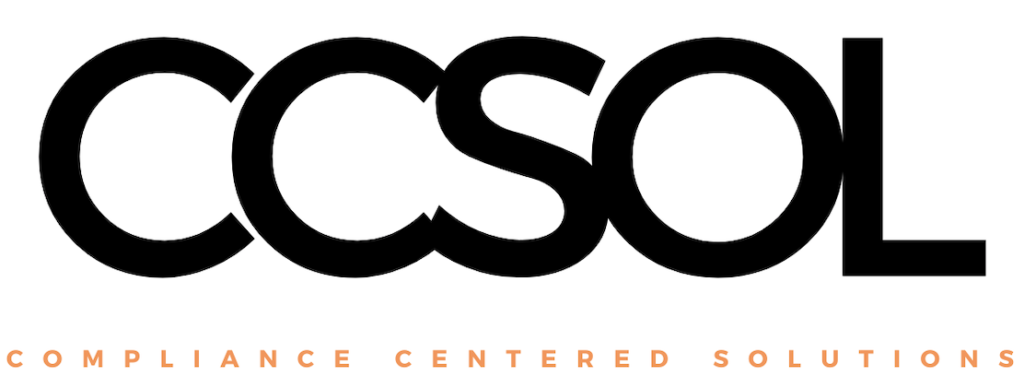
Preparing for an Audit
07/10/2022
By Heather Munro
Preparation is crucial to achieve a smooth and successful audit.
Training audits are a process where a company’s training management systems are examined and verified to ensure they meet the required industry, regulatory and other standards.
Types of Audit
Three different types of audits can be performed:
1 – External audits are performed by an external third party such as CCSOL. External parties provide more unbiased opinions since they are not subject to conflicts of interest.
2 – Internal audits are performed by internal employees of a company or organisation. They are not usually distributed outside the company, and for internal use only.
3 – Regulatory audits are one of the tools used by regulatory bodies to ensure that companies or organisations meet their requirements with the standards and legislation.
Auditing is important in maintaining trust and efficiency within your training department or business and should be seen as a vital component of your continuous improvement processes.
Preparing for an Audit
Preparing for an audit is crucial in ensuring that the company receives an unqualified or clean opinion. Below are steps you can take to ensure a successful audit.

Planning for the Audit
Planning is crucial and additional time needs to be taken to adequately prepare for an audit.
Let your team know that the audit is coming and when it will be conducted.
Time is required leading up to the audit and additional resources should be allocated for final preparations to plan and set expectations for the audit.
Throughout the year, records should be kept up to date which can reduce the pressure near the time of the audit.

Keep Up With Standards
Ensure you have access to current copies of the standards that are the subject of your audit.
Standards, legal and regulatory requirements are regularly updated. Therefore, it is important to familiarise the training team with new developments instituted by regulatory bodies.
If the standards have changed, check that your Management System has been reviewed and updated to reflect these changes.
Make sure the system has been reviewed and verification activities have been carried out. If you have allowed enough preparation time prior to the audit you should have time to address any activities that may be running late. An auditor will look more favourably on the company if errors have been identified, addressed and action has been taken to ensure that they don’t get missed again.

Assess Organisational Changes
Changes in the business should be considered, such new equipment, changed work practices and legislative and regulatory changes.

Learn From the Past
Review previous audit notes and recommendations and ensure they have been implemented.

Develop a Timeline and Assign Responsibilities
Review the list of requirements from the auditors and assign each item to a capable and responsible person, with a due date. Plan the completion of schedules with the auditors to maximise efficiency.

Make Sure You Can Locate Everything
It is extremely inefficient for the audit process when a company cannot find information within its own system. Remember the auditor is trying to ensure that there is an effective system in place. If the person responsible for the system doesn’t know where everything is, how can the auditor have confidence in your system?
The Week Before a Site Audit
1. Ensure that you have cleared your commitments on the day of the audit. An audit may go past your normal “home” time and being stressed out that you can’t meet out of work commitments makes the audit process even more daunting.
2. Ensure that there is adequate space for the auditor to use. Most auditors now work electronically and therefore require a desk and a power source (extension cords are also useful).
3. Ensure that senior management is available to attend the opening and closing meeting. Absence of these people is an automatic non-conformance for some standards.
4. Ensure that the staff have been briefed about the audit. Some staff members can become very stressed during an audit – especially if it’s their first time. Let them know what to expect and especially if they are required to participate in interviews.
The Day Before the Audit
Gather all the documentation that the auditor will need. This may include access to records as far back as the last audit.
The Day of the Audit
1. Attend the opening meeting and be available to the auditor if required
2. Relax
